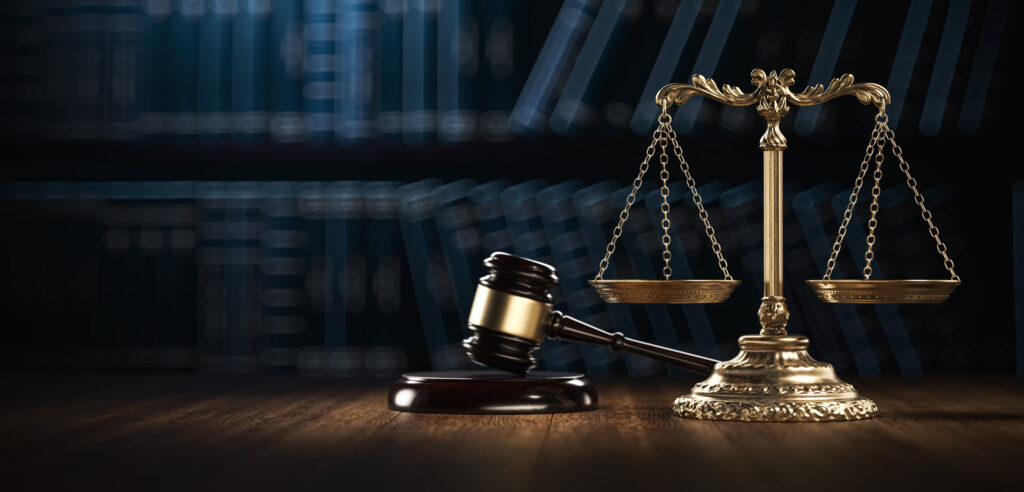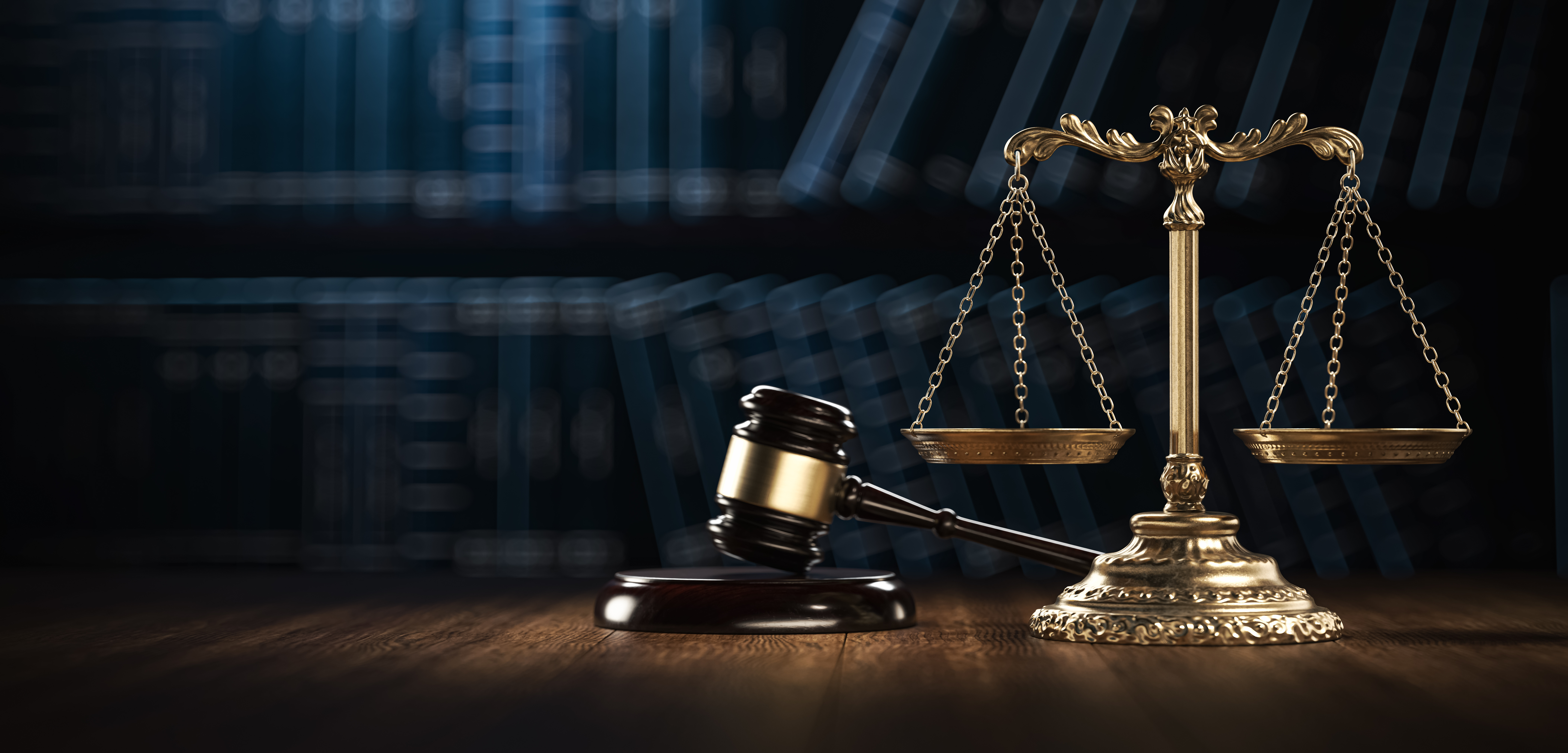Appeals To The Court Of Appeal
- Over 30 years experience in the criminal justice system
- Track record of success
- Nationally acclaimed expertise
Free Legal Advice 24/7
What is the Court of Appeal?
The Court of Appeal is a specialised court for hearing appeals related to criminal sentences or convictions from the Magistrates’ (when presided over by a Chief Magistrate), County (in limited cases), and Supreme Courts in Victoria. Appeals in this court are extensive, involving detailed analysis of all evidence associated with the case.
Who has a Legal Right to Make an Appeal?
- Defendants can file an appeal against a sentence or conviction within 14 days of the court order in the Magistrates’, County, or Supreme Courts. Leave of the Court is required, except for sentences issued by the Director of Public Prosecutions (DPP). The Criminal Procedure Act 2009 (CPA) (sections 274 and 278) outlines the necessary steps for appeal.
- The Prosecution (DPP) can appeal a sentence handed down to a defendant, known as a Crown or Director’s appeal. This right is controlled to prevent excessive appeals and does not require leave of the Court.
- Interlocutory Decisions: Either party may appeal against decisions by trial judges in the County or Supreme Courts.
A judge in the Court of Appeal will review whether leave is granted for a case to proceed (s 315 CPA), unlike appeals from the Magistrates’ Court to the County Court, which are automatically granted.
Documents Required for an Appeal
An extensive portfolio of documents is needed when applying for leave to appeal a sentence or conviction. For a sentence appeal, this may include sentencing remarks, and for a conviction appeal, court transcripts, exhibits, and police or prosecution materials. Both types of appeals require detailed documentation and precise instructions.
Time Limits for Appeals
Strict time limits apply to appeals in the Court of Appeal. The notice of appeal must be filed within:
- 28 business days of the sentencing date for sentence or conviction appeals (s 257 and 279 CPA).
- 2 or 10 days for interlocutory appeals, depending on the stage of criminal proceedings and trial judge approval (under ss 296(2) and 298(1) CPA).
The Registrar must notify the other party (usually the prosecution) within 7 days, allowing them 21 days to prepare a response. Applications filed outside these limits require an extension request supported by an affidavit explaining the delay, and the judge may accept or reject the application based on the adequacy of the reason (s 313 CPA).
Appealing a Conviction
Defendants appealing a conviction must file an application for leave to appeal, stating one of the following grounds:
- The jury’s decision was unreasonable or unsupported by evidence.
- A substantial irregularity or miscarriage of justice occurred (e.g., misdirection by the judge or unreliable witnesses).
- Exceptional circumstances, such as intimidation, fraud, or duress, led to a guilty plea.
The application must include supporting documentation, such as affidavits, character references, and relevant case law. In cases involving “fresh” and “compelling” evidence (s 326C CPA) or a substantial miscarriage of justice (s 326D CPA), the Court may grant leave for additional conviction appeals (s 326A CPA).
Appealing a Sentence
To appeal a sentence, defendants must file a notice of appeal and include a written submission with supporting arguments, legal references, and documentation like affidavits and sentencing remarks. The judge will assess if an error occurred, the surrounding circumstances of the case, and whether a different sentence should be imposed (s 281(3) and 282(1)(a) CPA). The Court may set aside, vary, or re-sentence, with a warning if a more severe sentence is possible, giving the defendant a chance to discontinue the appeal.
Factors considered include:
- The maximum penalty allowed and whether it was reasonably applied.
- The discretion exercised in the original sentence.
- Similar case outcomes.
- The severity of the offense and the defendant’s circumstances.
If leave is granted, an appeal hearing will follow, potentially resulting in a full retrial or acquittal. However, the Court may apply the proviso and dismiss the appeal, even if there was an irregularity in the trial.
Written Submissions
Written submissions are limited to 10 pages and should include:
- The sentence or conviction being appealed.
- The maximum legal penalty and other relevant legal references.
- Key facts, grounds for appeal, supporting arguments, references, and relevant transcript passages.
DPP Appeals Against a Sentence

If the DPP appeals at the same time as the defendant, the cases are heard together. The DPP does not generally require leave and may appeal if the sentence is “manifestly inadequate” or an error of law occurred. Like the defendant, the DPP must submit a written appeal with supporting arguments and documentation. The County Court can dismiss the appeal if it determines there is little likelihood of a less severe sentence being imposed.
When the DPP’s appeal is successful, the Court of Appeal must avoid “double jeopardy” when re-sentencing, ensuring fairness to the defendant.

Transcripts
Transcripts of the charge, plea, and sentencing remarks are provided by the Court Registry during the appeal hearing, though this process can take time due to resource constraints.
Abandoning an Appeal
The party initiating the appeal may abandon it by filing a notice with the Court before the hearing begins (s 314 CPA), leading to the appeal’s dismissal on the filing date.
Testimonials
What people Say
St Kilda, Victoria 3182
1800 130 120
-
Thanks Marcus Denning for being with me from start to end and to give me a fantastic outcome from my trial..👏👏👏🎖🎖🎖🎖🎖🎖Fi... Read MoreThanks Marcus Denning for being with me from start to end and to give me a fantastic outcome from my trial..👏👏👏🎖🎖🎖🎖🎖🎖First time getting charged, didn't know what to do. I was like a fish out of water. Started to research some law firms and mk law popped did some background checks and found good info about the firm. So I stuck with them and i don't regret nothing about my experience with mk law..... Read Less55/5
-
I recently used the services of Marie Lukic of MK law. She is very professional, dedicated and knowledgeable lawyer. Extremely grateful to have Ma... Read MoreI recently used the services of Marie Lukic of MK law. She is very professional, dedicated and knowledgeable lawyer. Extremely grateful to have Marie who did exceptional job. I would highly recommend Marie Lukic of MK law firm. 👍 Read Less55/5
-
I found myself again before the magistrates court for an indictable offence, I was worried about receiving a jail sentence because of my age and h... Read MoreI found myself again before the magistrates court for an indictable offence, I was worried about receiving a jail sentence because of my age and history, but once I spoke to Jasmin Dhillon and the MK Law team, all my worries were taken away! Jasmin took the time to explain to me the process and kept me informed every step of the way, she has a deep understanding of the law and a genuine heartfelt commitment to achieving the best possible outcome for her clients. Thanks to her hard work and expertise, we achieved a no conviction outcome which has enabled me to continue working hard and pursue my dream career! I am forever grateful for their service and would highly recommend the MK Law team to anyone in need of legal assistance, they are truly dedicated and one of a kind in their field. Read Less55/5
-
Professional. Transparent. Experienced. Marcus Denning left no stone unturned, sealing a complete win at trial. Our experience at MK LAW was beyon... Read MoreProfessional. Transparent. Experienced. Marcus Denning left no stone unturned, sealing a complete win at trial. Our experience at MK LAW was beyond exceptional. Read Less55/5
Contact Us
If you’re considering an appeal from the Magistrates’, County, or Supreme Courts, MK Law is here to help. Appeals are complex and technical, and our experienced team can guide you through the process. We collaborate with Victoria’s top barristers to handle a wide range of appeals involving serious offenses.
For an objective review, consider hiring different lawyers from those who represented you originally. Contact us early, ideally before transcripts are available. Reach us 24/7 for free legal advice at 1800 130 120 or marcus@mklawfirm.com.au. Many clients turn to us after unsuccessful attempts with other firms, and we’re here to support you.
Free Legal Advice 24/7
Contact Us
Call Anytime For Free Legal Advice 24/7
Top 5 firms by reputation dealing with traffic and criminal law matters.
- 2/212 Barkly Street, St Kilda Victoria, 3182 Australia
- 1800 130 120
- marcus@mklawfirm.com.au